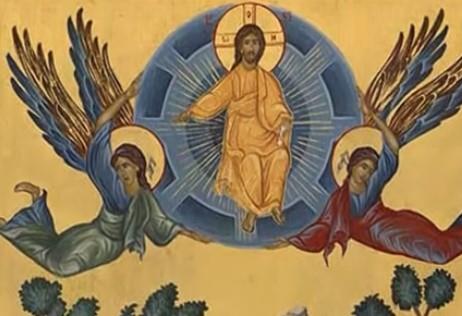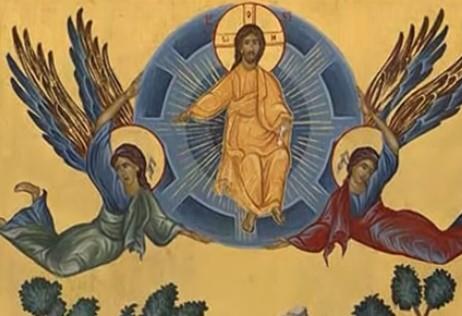Spasovdan, the Feast of the Ascension of the Lord, is one of the most important movable feasts in the Orthodox calendar, celebrated 40 days after Easter and known as the patron saint day of Belgrade. Although marked in red in the church calendar, which often raises the question of whether fasting is required on this day, church rules state that fasting is not obligatory unless the feast falls within a fasting period. Spasovdan is a feast of joy and victory of life over death, and meat is eaten on this day. Traditionally, the day begins with strawberries and cicvara, symbolizing fertility and gentleness, with lamb as the central dish. This feast holds deep symbolism and significance in folk tradition and church life.
Political Perspectives:
Left: Left-leaning sources tend to emphasize the cultural and communal aspects of Spasovdan, highlighting its role in bringing people together and preserving traditional customs. They may also focus on the symbolic meanings of the feast, such as life, renewal, and social cohesion.
Center: Centrist sources provide a balanced view, explaining the religious significance of Spasovdan, the rules regarding fasting, and the traditional customs associated with the feast. They focus on factual information and the importance of the holiday in the Orthodox calendar and local culture.
Right: Right-leaning sources emphasize the religious and nationalistic importance of Spasovdan, often linking it to Serbian identity and Orthodox Christian values. They highlight the feast as a symbol of spiritual victory and cultural heritage, stressing the importance of maintaining traditional observances and customs.





















